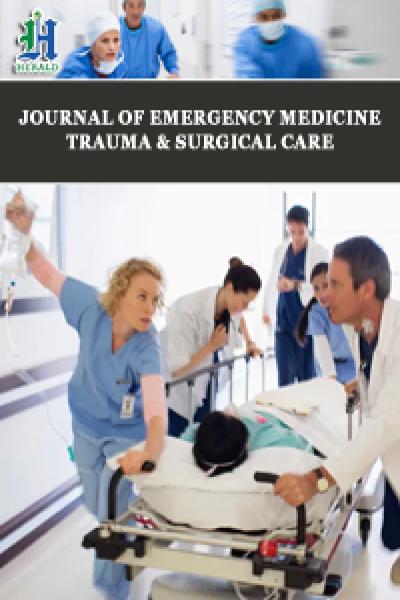
First Aid
First aid is the critical initial response to medical emergencies, often determining patient outcomes before professional help arrives. Recent updates in first aid emphasize evidence-based techniques that are simple, effective, and accessible to the general public. The importance of bystander intervention in cardiac arrest is underscored by the widespread promotion of hands-only CPR, which has been shown to significantly improve survival rates.
Hemorrhage control has also become a major focus, with increased training in the use of tourniquets, pressure dressings, and hemostatic agents, especially in trauma-prone environments. The use of automated external defibrillators (AEDs) in public spaces continues to expand, supported by digital mapping tools to guide responders. Education in first aid is being modernized through digital platforms, interactive simulations, and community outreach. These advancements aim to empower more individuals to act confidently during emergencies, bridging the gap between incident occurrence and professional medical intervention.

